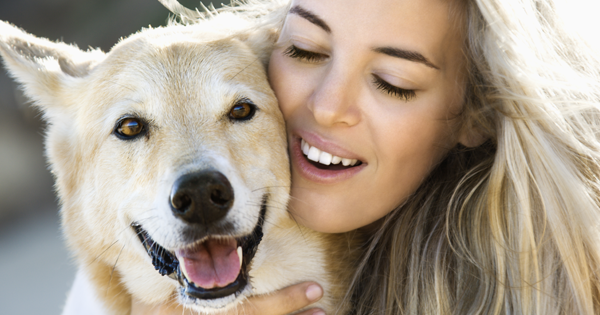Advertisement
The superbug MRSA (methicillin-resistant staphylococcus aureus) has been a pretty bad problem.
Now, there’s a new connection of MRSA between humans and our pets.
People infected with MRSA may end up giving the bacteria to their household pets. The study done to find this also suggests that pets may keep MRSA hidden on them, and may pass it back to their owners.
Co-author Dr. Stephanie Fritz said that these pets “may serve as a reservoir for ongoing transmission [of MRSA] in the household.”
They found this by going to the homes of 49 children with MRSA but no other health problems. Samples were taken from the families’ cats and dogs, as well as household surfaces.
15 of the 89 animals tested, that is, 17 percent of them, were colonized with MRSA, meaning they carried the bacteria but showed no symptoms.
MRSA strains often matched the strains of owners, especially in those who let their pets sleep with them. And because cats and dogs aren’t usually hosts to MRSA, the thought is that it’s the owners who are giving it to them.
Further research is now being done to see exactly how pets get the bacteria.
Of course, there’s no specific treatment for pets with MRSA, aside from owners washing their hands frequently and not letting their pets sleep in bed with them.
The researchers say getting rid of the pet is not necessary, since pets’ psychological benefits outweight the risks, and they’re not entirely sure yet if pets can even pass MRSA back.
Trying to kill all the MRSA in your home seems to be fruitless too, as half of kids with MRSA will get infected again anyway.
In the end, just be kind to your pet and wash your hands before you touch them.




